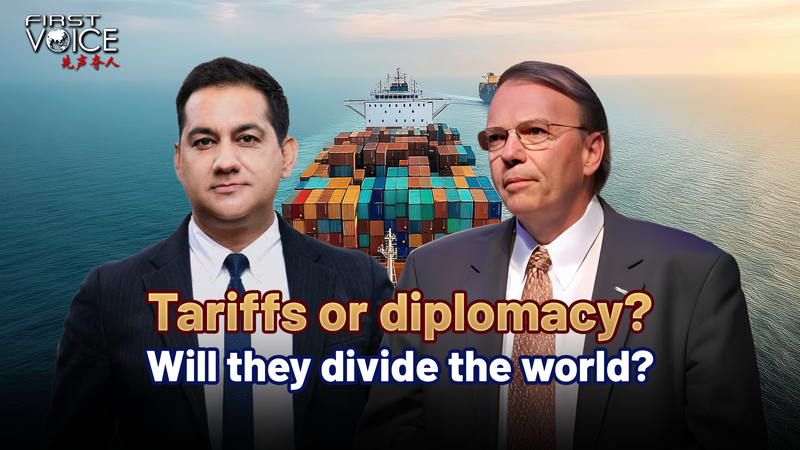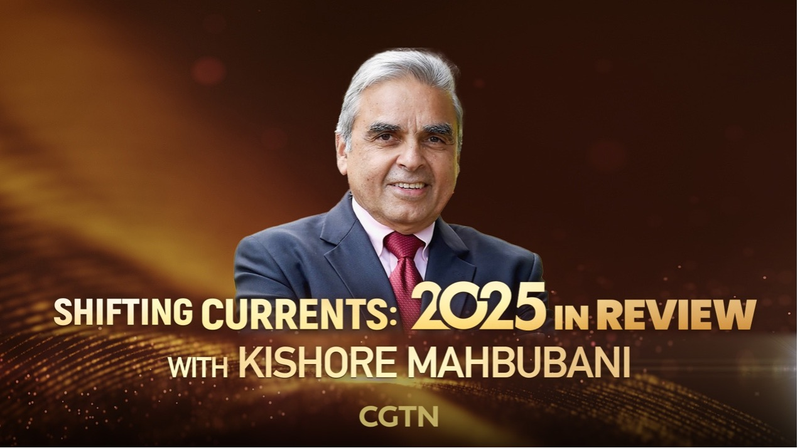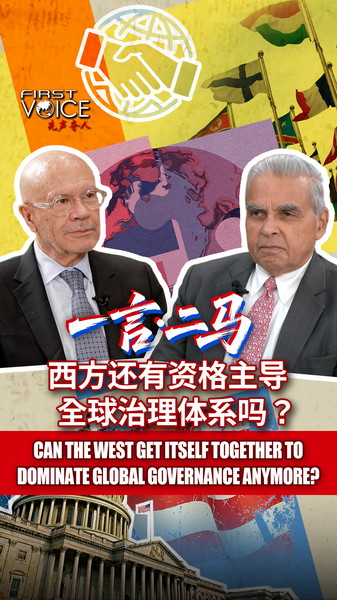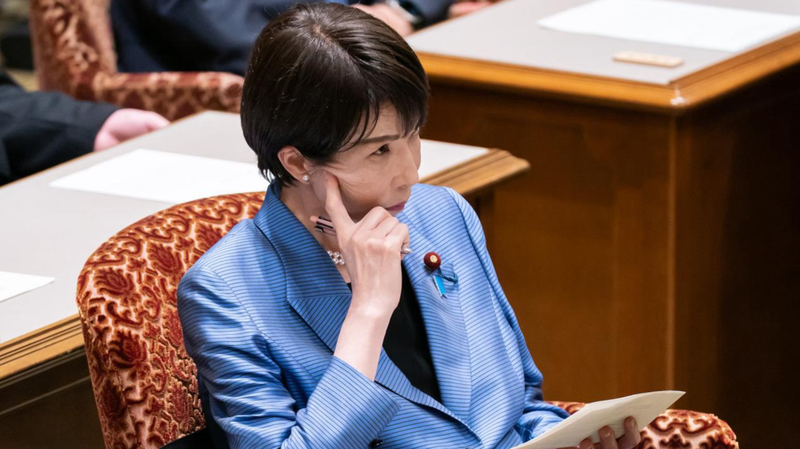Tariff Standoff Shakes Global Markets
On April 9, 2025, Washington imposed a historic 145% tariff on key imports from the Chinese mainland. Hours later, Beijing countered with a 125% levy on US goods. The swift exchange has sent shockwaves through global markets, raising questions about the future of trade diplomacy.
Financial analysts warn that the tariffs compound a fragile system already grappling with nearly $2 quadrillion in derivatives risks\u2014assets roughly 25 times the size of the US economy. Every new trade barrier adds to uncertainty, from stock indices to commodity prices.
Europe has emerged as a pivotal actor. Frustrated by discussions on trade barriers with its long-standing ally, several EU capitals are actively courting Beijing for closer economic ties. Diplomatic envoys and business delegations have accelerated talks on technology partnerships and green infrastructure projects.
Balancing Competition and Collaboration
"Our economies are intertwined," notes a Brussels-based trade adviser. "Isolationist measures risk backfiring. We need a calibrated approach that balances fair competition with collaboration."
At the heart of the debate is whether to double down on confrontation or revive the dialogue that defined earlier US–Chinese mainland cooperation. During the 2017 Mar-a-Lago and Beijing exchanges, leaders shared visions for joint infrastructure ventures and cultural programs. Can that spirit be rekindled?
China\u2019s Belt and Road Initiative offers a working model. Since 2013, it has mobilized more than $1 trillion in cross-border investment, lifted hundreds of millions out of poverty, and built rail lines, ports, and data networks across Asia, Europe, and Africa. Proponents say the initiative demonstrates how strategic collaboration can yield real-world impact.
Back in Washington, advisors are reportedly weighing a partial rollback of tariffs in exchange for commitments on intellectual property and market access. The question now is whether both sides can bridge trust gaps fast enough to avert wider disruptions.
As global citizens, the stakes are high. Will the world be divided by steep trade barriers, or can diplomacy chart a course toward mutual growth? For young entrepreneurs, activists, and travelers alike, the answer will shape markets, policies, and opportunities worldwide.
Reference(s):
cgtn.com




